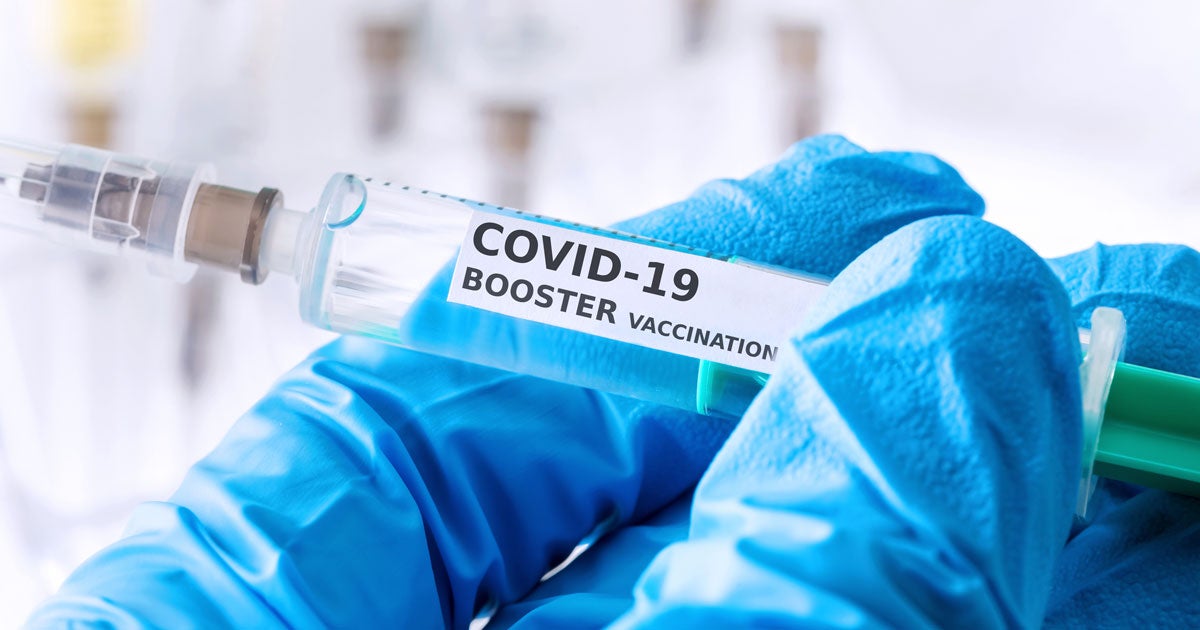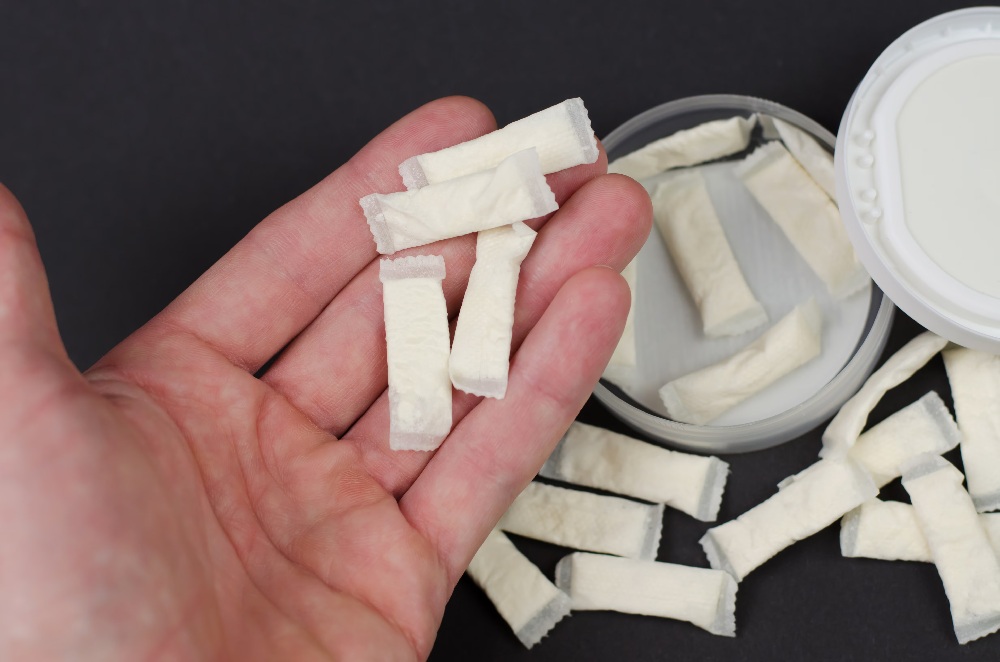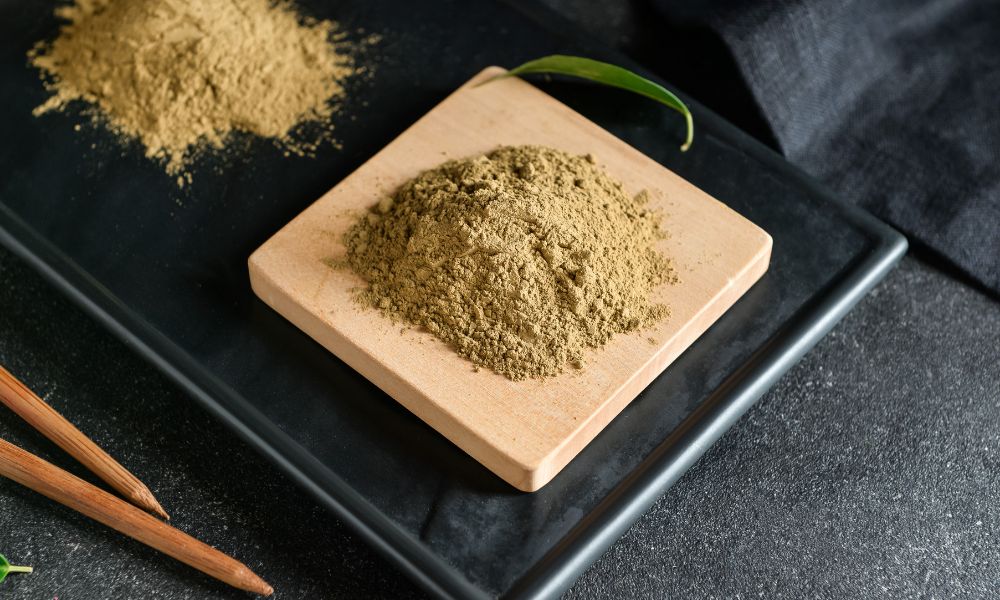When the COVID-19 pandemic broke out in 2020, governmentsworked hand-in-hand with health and medical experts and the general public to implement and employ strategies to limit the spread of the virus and essentially put an end to the health crisis.
In early 2020, one of the strategies; implemented to reduce a person’s risk of spreading the virus is getting a COVID-19 test and self-isolating. There are two diagnostic tests used for identifying if a person is carrying the virus: polymerase chain reaction (PCR test) and antigen test. The PCR test looks for the virus’s genetic material (RNA) from the swab sample collected from the individual. Meanwhile, rapid antigen test works by detecting protein fragments that are specific to SARS-CoV-2.
Consequently, to ensure the safe travel of passengers, several countries around the world have imposed travel regulations requiring individuals to get a fit to fly COVID test. Passengers need to present a negative result from a PCR test or a rapid antigen test for travel before boarding a plane and crossing local and international borders.
Moreover, in late 2020, COVID-19 vaccines have been made available for public use. This initiative can also help reduce an individual’s risk for an infection. The vaccines approved for use in the UK include Pfizer/BioNTech, AstraZeneca/Oxford COVID-19 vaccine, and Johnson & Johnson’s Janssen COVID-19 vaccine.
Most COVID-19 vaccines generally require two doses to boost an individual’s immunity against the virus. However, similar to other vaccines, COVID-19 vaccines can also lose their effectiveness over time. In addition, the continual mutation of the virus and the delta variant causing a new surge of cases, health experts are eyeing another vaccine dose (also known as a booster shot) to increase the vaccine’s effectiveness no matter the COVID-19 variant.
Here is an infographic by Harley Medic International, which discusses what you need to know about the third vaccine.











Comments